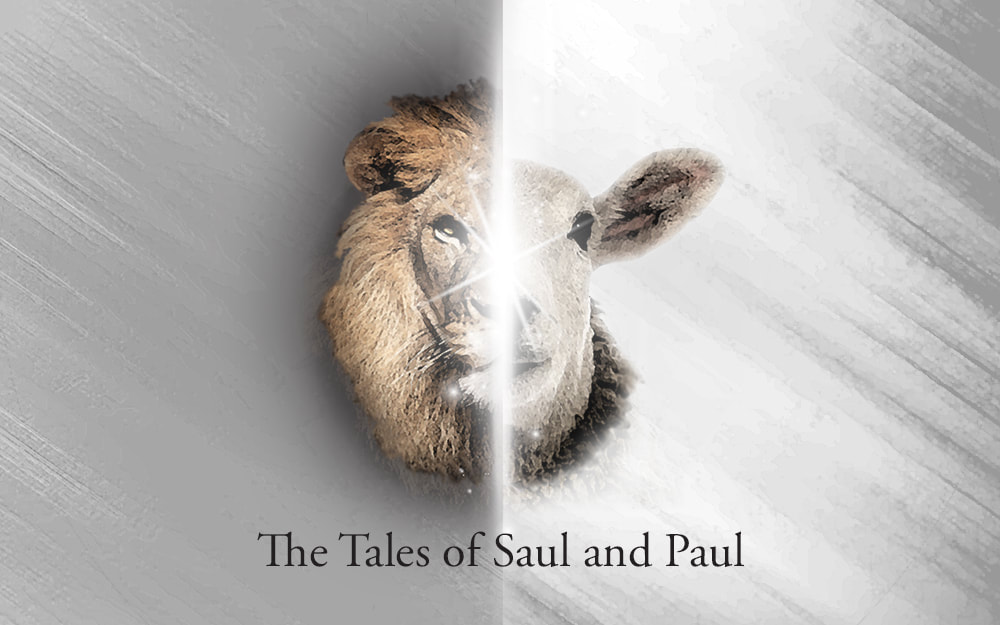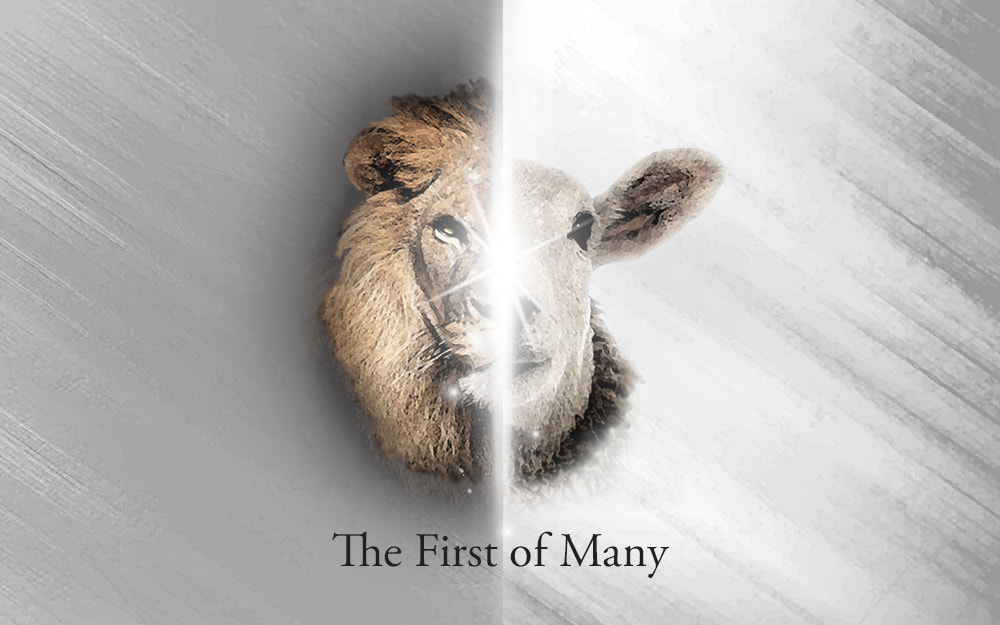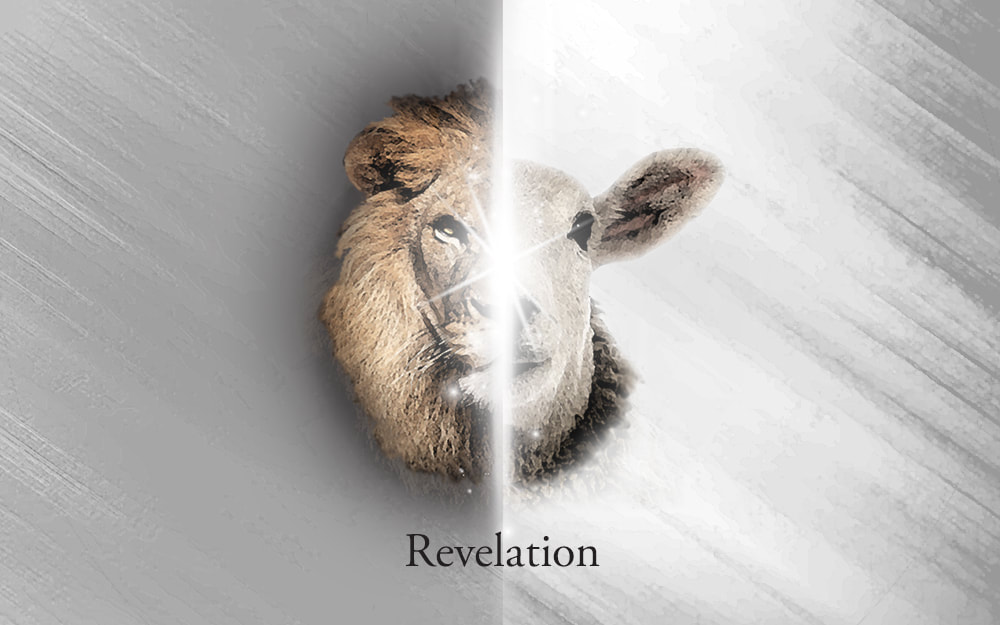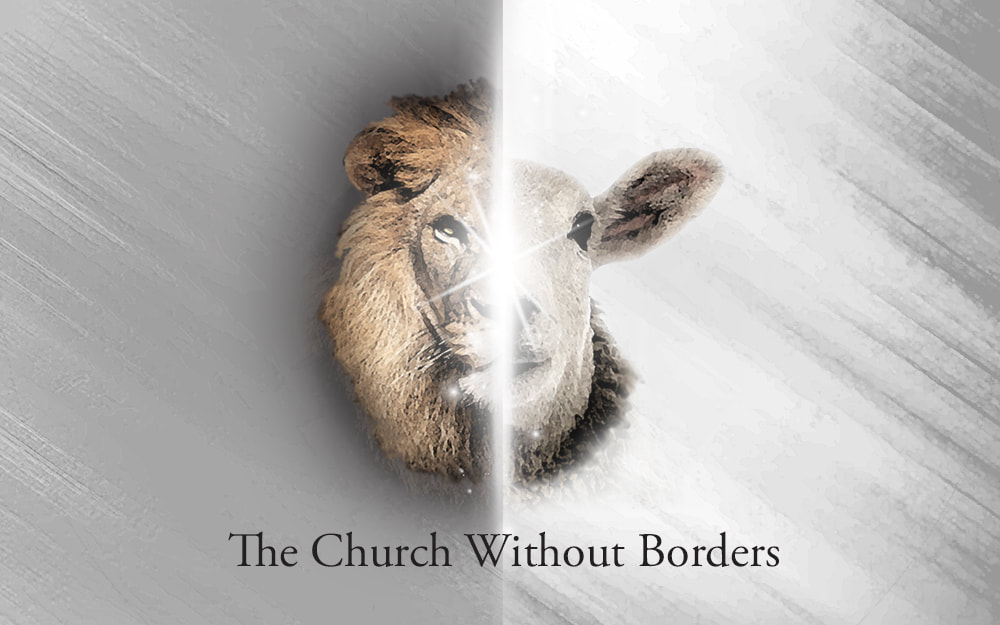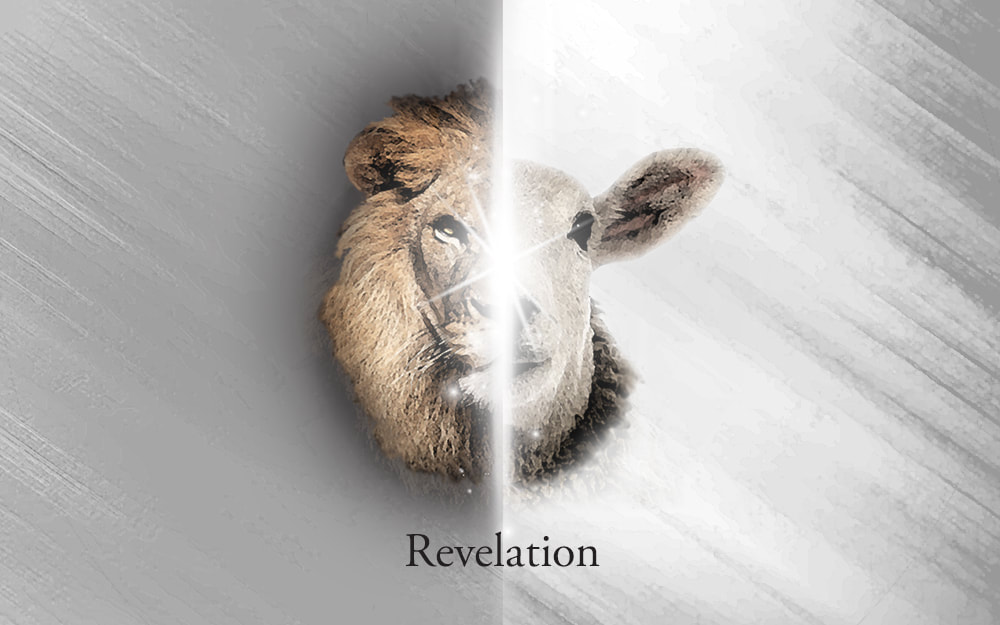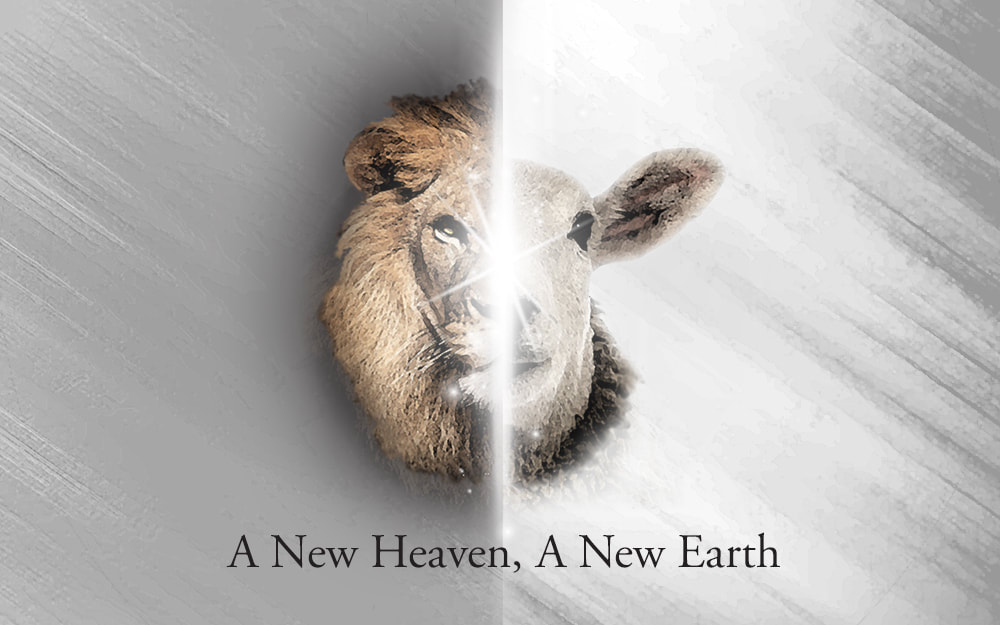First UMC Newport, TN
May 14 - June 18
In the early first century, culturally speaking, everything was positioned around the idea that a nation ought to expand and conquer to accumulate power and influence. In this way, the movement that began with Jesus was positioned well to be a religion that was focused on going out in the world, spreading its message to new nations, and converting others to this system of beliefs. The world was primed for a religious movement that would respond to the great commission, and in effect, go forth and conquer. Yet, the church was not about conquering. It did not hope to extinguish and assimilate every other person and culture. Instead, the early church grew on the basis that it had the ability to universally speak to the human condition of brokenness and offer hope and promise in the wake of that very condition. The church would be more than the conquerors.
Everyone was coming to believe in the promise of God. The Gospel reached into different cultures, differently idioms and languages altogether. In this message, they preached and believed that Jesus would return again, and would return again sooner rather than later. Nobody could have fathomed the idea that 2000 years into the future, we would still be waiting on this return. They were teaching each other lessons and lifting each other up in the hopes that they would be alive to see the grand return. However, those lessons taught have a practicality that transcends any time period.
In growing over this time, the church moved beyond the disciples. What was once an effort of individuals and leaders who had all had direct connections to, and conversations with, the risen Lord now transitioned to a movement of different ages, nations, and races of converted believers who had simply heard the Good News of the Gospel. They would lean on their own spiritual experiences of the divine rather than tangible interactions with God Incarnate. What will leadership look like in this new Church? Who can be a part of this faith movement? What will be required to participate? Most importantly, how do those messages speak to us today?
Everyone was coming to believe in the promise of God. The Gospel reached into different cultures, differently idioms and languages altogether. In this message, they preached and believed that Jesus would return again, and would return again sooner rather than later. Nobody could have fathomed the idea that 2000 years into the future, we would still be waiting on this return. They were teaching each other lessons and lifting each other up in the hopes that they would be alive to see the grand return. However, those lessons taught have a practicality that transcends any time period.
In growing over this time, the church moved beyond the disciples. What was once an effort of individuals and leaders who had all had direct connections to, and conversations with, the risen Lord now transitioned to a movement of different ages, nations, and races of converted believers who had simply heard the Good News of the Gospel. They would lean on their own spiritual experiences of the divine rather than tangible interactions with God Incarnate. What will leadership look like in this new Church? Who can be a part of this faith movement? What will be required to participate? Most importantly, how do those messages speak to us today?
May 14We think of Paul as this upstanding Christian leader, but in his time and life, he spent every day working to move beyond his former deeds. He was not trusted by the other Christian leaders, nor was trusted by other followers. Yet, he persevered, always setting his eyes on the grace of God, and allowed his new life to not erase his past but use it to preach God’s goodness. Our pasts are real, and they actually make our present lives in Christ that much more meaningful.
|
May 21Last week we started hearing how Paul’s story is seen with the individual; with us. God uses us even with our imperfect pasts. This week we move from us to the people around us. In the story of Cornelius, we see the first Gentile convert he and his family to be servants of Jesus. Peter himself is initially skeptical that Cornelius can be a part of the faith. It takes a vision from God for him to see what the future kingdom will be, and the coming together of all different kinds of people to the Christian faith. The Church is going to grow and expand with more people over time. They have received the Holy Spirit just like us.
|
May 28Gathering for a Council in Acts, Peter and Paul help lead a debate between whether new Gentile believers must be circumcised to be saved. While this was a specific question of tradition, how it was settled would set the precedent on how every debate about Christian practices would be settled. The church ultimately decided that circumcision was not necessary because the Gentiles were saved by grace through faith. It was also determined that there are specific things which are necessary in the faith, such as not worshipping other idols. To this day, we must see what are the things that we ought to do as a result of having faith, and what are the things which we can do but are not essential for our faith to flourish.
June 11Church leaders came to an understanding on how the Christian way of life was applicable for both Jews and Gentiles. The timing was perfect because the church was rapidly expanding into different nations and regions. What the early church leaders quickly realized was the universal nature of Jesus’s message of grace and redemption. Paul began to plant church communities in different cities, appealing to the culture and language of that group.
|
June 4John of Patmos, or John the Revelator, offers us the final piece of scripture to round out the bible. The book of Revelation has long been the most misunderstood aspect of scripture since its inception. It is and apocalyptic writing that was customary at the time. Apocalyptic in this context is not world ending destruction however, but instead it is a great unveiling of previously unknown information. In this case, it is full of fantastical imagery, wild prophecy, and laced through it all is the image of Christ and his final redemption of the world.
June 18Heaven has a lot of descriptions, but what will it be really? It’s a feast; a banquet. There is no more hurting or pain, but instead there is love and community. Will we be there? Will everyone be there? What is necessary for us to get to experience Heaven? Like any finale for a series, there are a lot of questions to be answered. The one thing we can say with confidence is: It will all be set right. What started Good will end Good.
|
